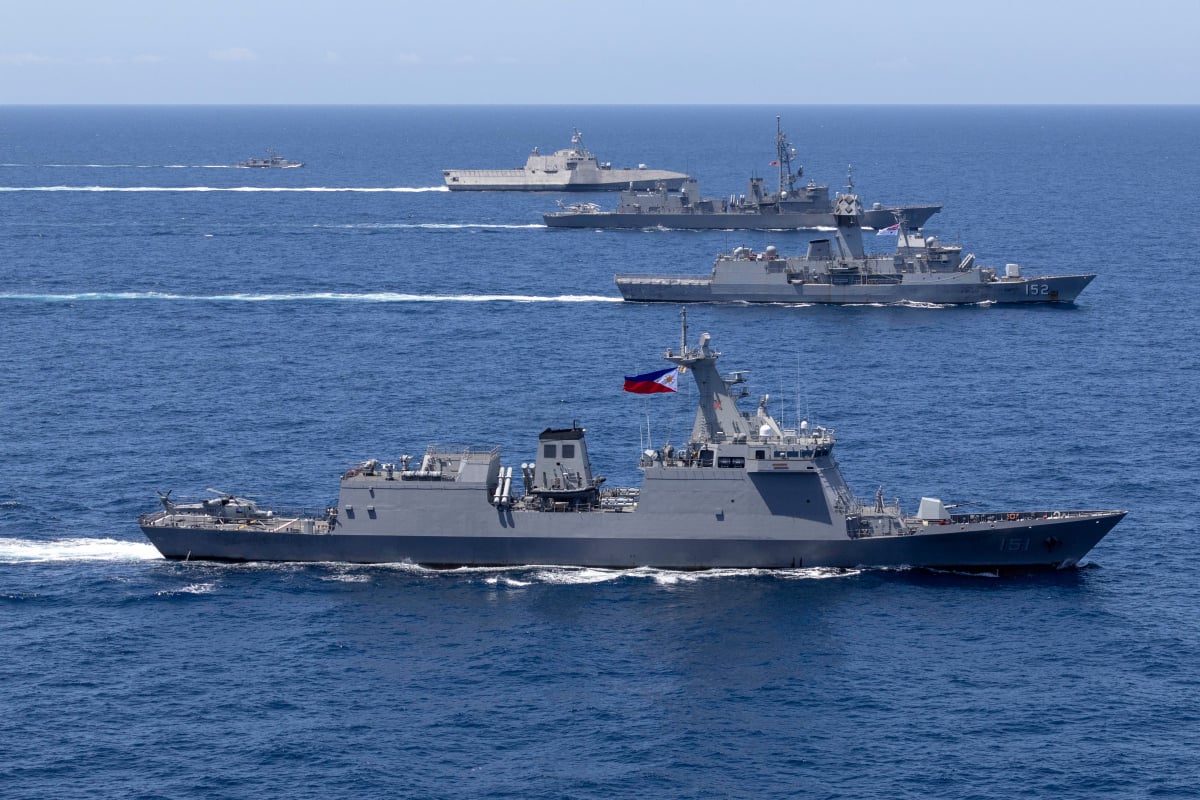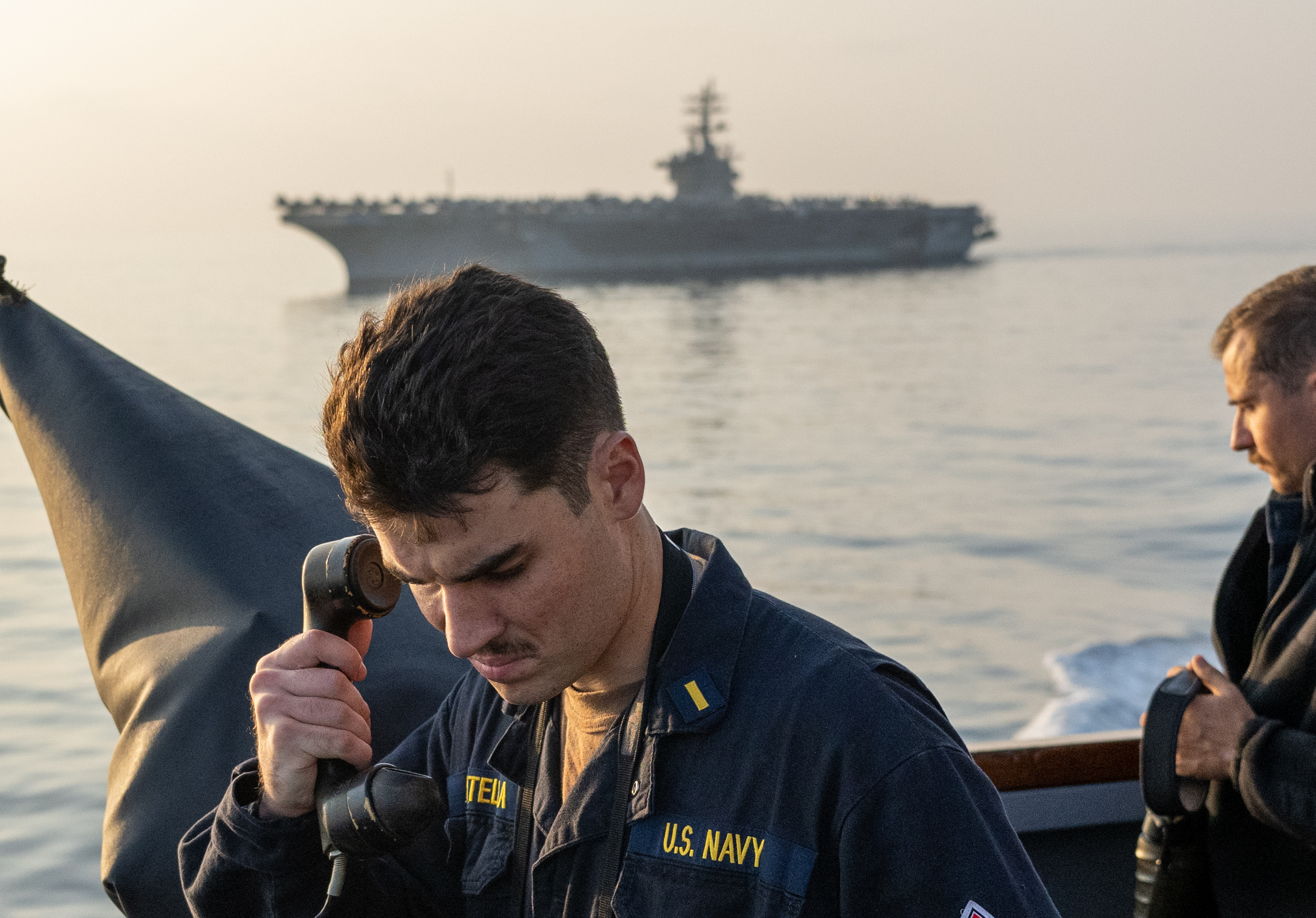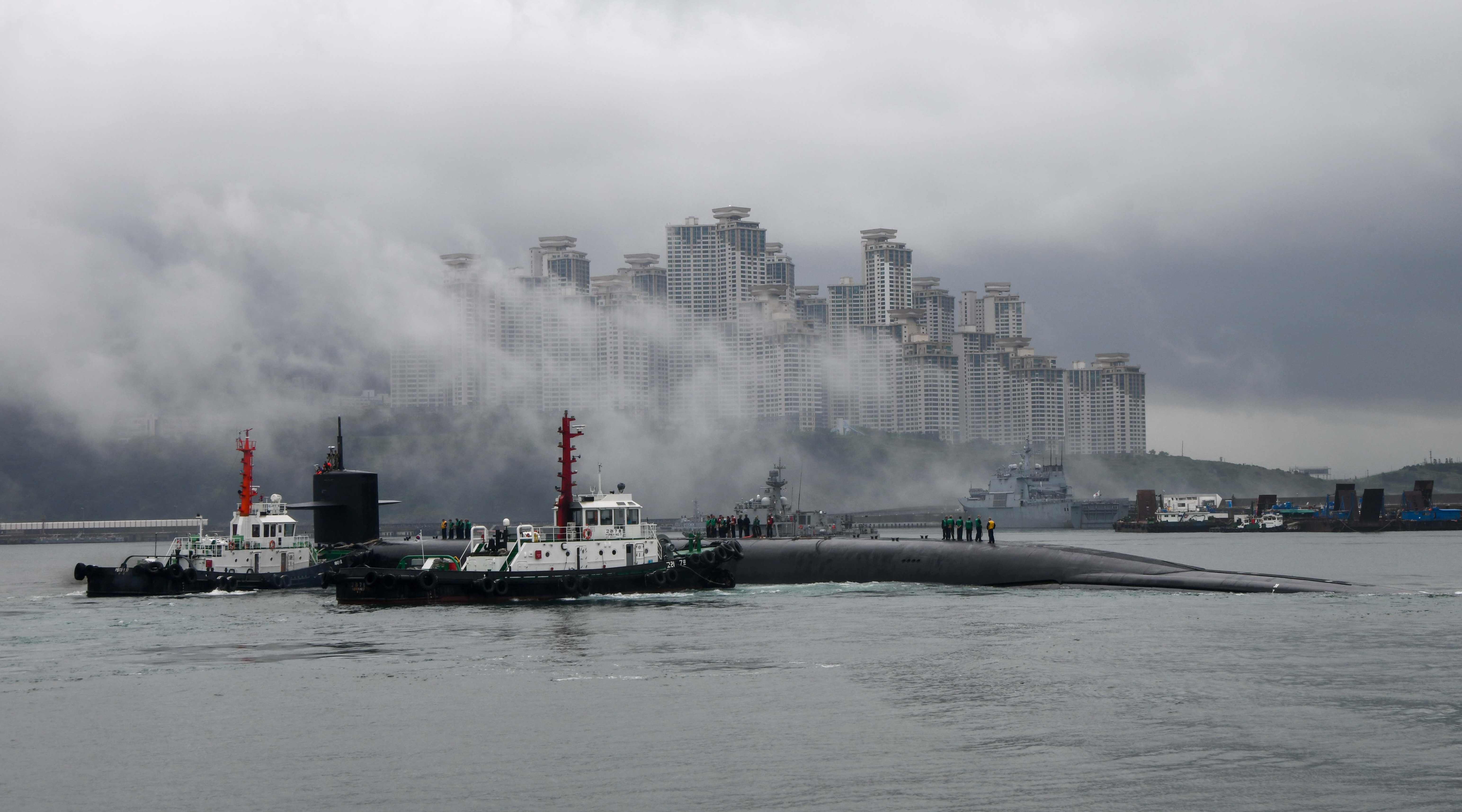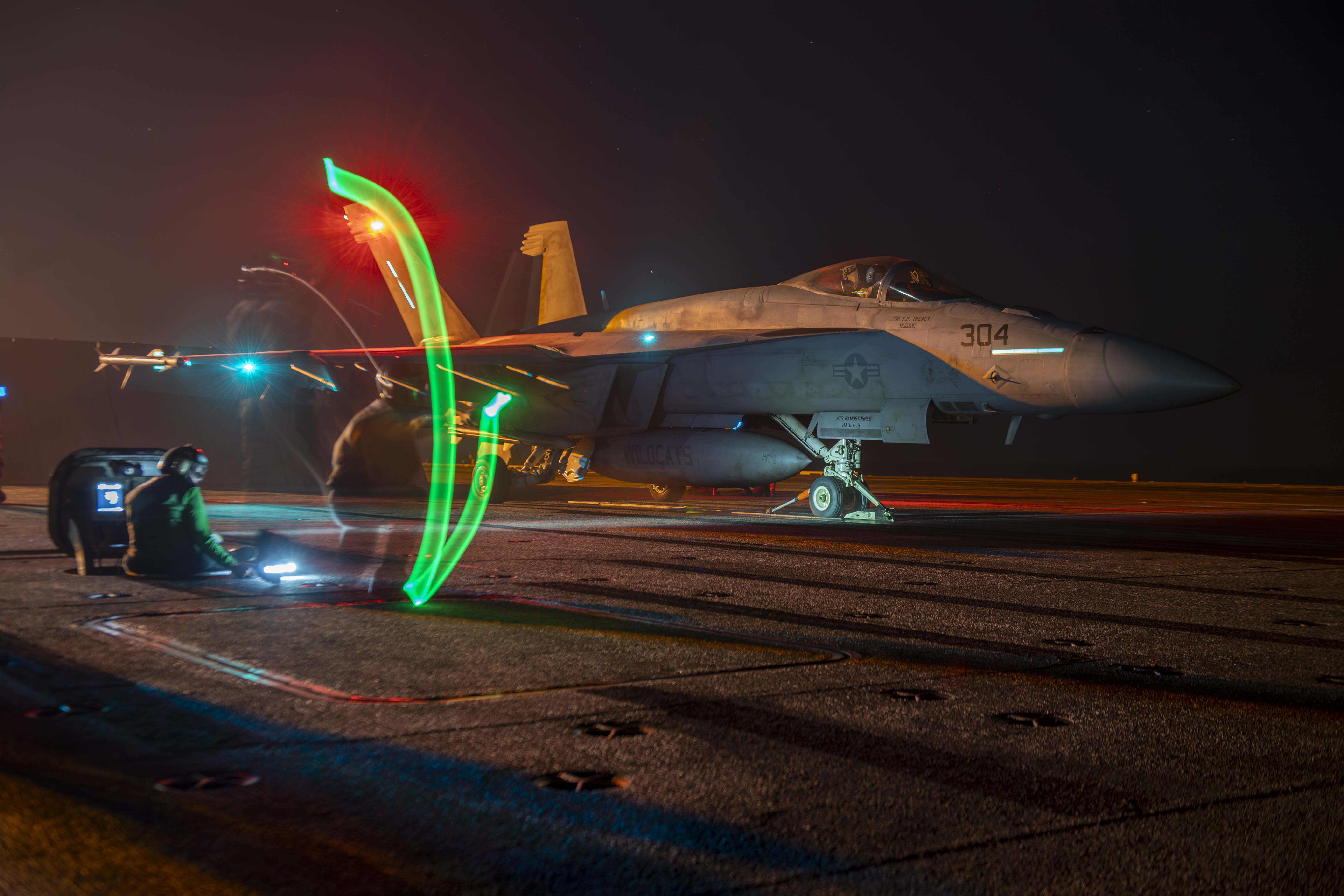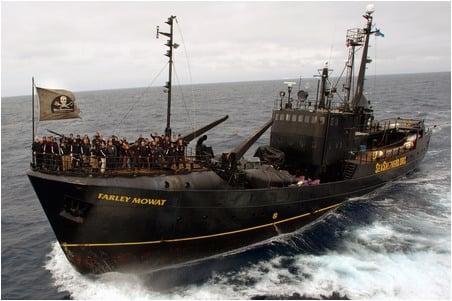 Though the anti-whaling organization Sea Shepherd’s controversial tactics — popularized through the Animal Planet’s Whale Wars — polarize opinion between professional mariners and environmentalists, they are worthy of study as a maritime non-state actor.
Though the anti-whaling organization Sea Shepherd’s controversial tactics — popularized through the Animal Planet’s Whale Wars — polarize opinion between professional mariners and environmentalists, they are worthy of study as a maritime non-state actor.
Understanding their goals, strategies, operations, tactics, platforms and personnel can help Navy and Coast Guard elements deal with similar, but more violent organizations.
The size of western navies continues to decline – David Axe’s recent article “How to Sink a Navy” states that the Royal Navy’s reduction to a comparatively insignificant force has been a real game changer.
As Western powers slowly recede from the oceans, it is inevitable that before peer competitors might assume their hegemonic role, maritime security gaps will emerge making way for pirates, terrorists, and illicit traffickers to have comparatively greater reign.
In response to these maritime non-state actors, counter-entities like private security companies will continue to expand, albeit in fits and starts as has been the case off Somalia.
Although it has no conflict with U.S. interests and is a nuisance to Japanese whalers rather than a state threat, Sea Shepherd’s navy – or arguably “para-navy” – provides several important lessons to state navies in dealing with these threats.
Lesson #1: Maritime non-state actors evolve rapidly. This might sound obvious but some actors like pirates were rather stagnant in their approach and platforms. Terrorists like al-Qaeda continually adapt, but their maritime activity was limited.
Sea Shepherd, like the defunct Tamil Sea Tigers, has grown with every season employing more ships, with some now painted in dazzle camouflage patterns very similar to the U.S. Navy’s Littoral Combat Ship Freedom.
The group has acquired a variety of ships (such as the bio-diesel powered trimaran Brigitte Bardot), helicopters, and even commercially available unmanned aerial vehicles. This August, Sea Shepherd is expected to unveil its fifth ship, sailing a fleet that now aggregately out-displaces the navies of several small nations.
Lesson #2: Information operations can successfully support tactical advantages. Maritime non-state actors have skillfully utilized operational security and military deception.
In October 2012, for example, Women on Waves announced that they would enter Smir Harbor in Morocco. Patrol ships closed the harbor but unbeknownst to authorities, the organization had already sailed into the harbor.
Lesson #3: Media manipulation or exposure is a key component of successful maritime non-state actors.
Although it is more than three decades old, Sea Shepherd’s recent success is largely due to the boost in fund-raising from its television series on cable. They manage the cameras and tell their own story to the world in this reality series.
How would public perception change if the whalers filmed their own reality TV show on the battles in the Southern Ocean?
Lesson #4: Global operations are growing easier for maritime non-state actors. While the Tamil Tigers was largely a local actor, and many terror affiliates regional, Sea Shepherd has expanded its role globally from Antarctica to the Faroe Islands to Japan. This largely unprecedented reach suggests that it can rely on sympathetic supporters garnered from its media operations as well as benefitting from a multi-national crew.
Lesson #5: Lawfare is a key component of non-state operators. Environmental groups conducting “direct action” understand international law and find ways to exploit loopholes and skirt the edge of legality. Like pirates and other stateless groups have often done, Sea Shepherd routinely reflags and reclassifies its ships making it challenging for authorities to determine which laws and jurisdictions apply.
Perhaps most importantly, groups like Sea Shepherds challenge state navies and coast guards for the monopoly of violence on the high seas. If navies continue their decline and the rule of law further erodes in international waters, the world can expect more non-state groups to fill the maritime security vacuum.

